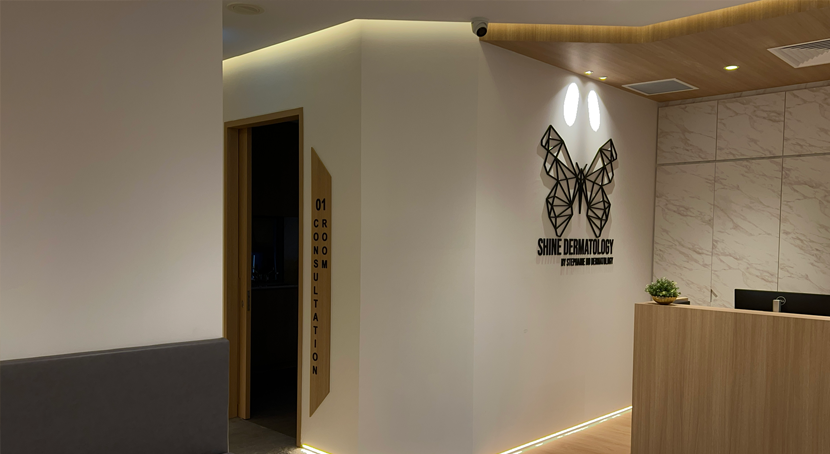What Are Fungal Skin Infections?
Fungal infections of the skin occur when fungi (including yeasts and dermatophytes) grow and multiply on the outer layers of the skin, nails, or scalp. These infections are contagious and can spread through direct skin contact or indirectly via shared items such as towels, shoes, or gym equipment.
Common fungal infections include:
-
Tinea corporis (ringworm) – Appears as circular, red, scaly patches on the body.
-
Tinea pedis (athlete’s foot) – Affects the feet, especially between the toes, and may cause peeling, itching, and cracking.
-
Tinea cruris (jock itch) – Occurs in the groin area, with red, itchy, often ring-shaped rashes.
-
Tinea capitis – A scalp infection, mostly seen in children, that may lead to hair loss or scaling.
-
Tinea unguium (onychomycosis) – A fungal nail infection that causes discolouration, thickening, and brittleness.
-
Candidiasis – A yeast infection that commonly affects skin folds or moist areas like the armpits, groin, or under the breasts.
Symptoms of Fungal Skin Infections
Symptoms can vary depending on the type and location of the infection, but may include:
-
Red, scaly, or itchy rashes
-
Circular lesions with raised edges
-
Peeling or cracking of skin
-
Thickened, discoloured nails
-
White patches or redness in moist skin folds
-
Unpleasant odour in some cases
Prompt diagnosis is important to prevent the infection from spreading or becoming chronic.
Diagnosis
Our dermatologists will assess your skin condition through:
-
Clinical Examination – Careful inspection of the rash’s appearance and distribution.
-
Skin Scrapings for Microscopy or Culture – To identify the specific fungus causing the infection.
-
Wood’s Lamp Examination – In certain cases, a UV light is used to detect some fungal species.
Fungal Skin Infection Treatment in Singapore
Treatment will depend on the type, severity, and location of the fungal infection. Common treatment options include:
1. Topical Antifungal Creams or Lotions
Medicated creams are often the first-line treatment for superficial fungal infections. These help eliminate the fungi and reduce inflammation.
2. Oral Antifungal Medications
For deeper, extensive, or nail and scalp infections, oral antifungal medications may be prescribed for several weeks or months to fully clear the infection.
3. Antifungal Shampoo
Used for scalp infections, especially tinea capitis, and sometimes as an adjunct for body or groin infections.
4. Nail Debridement
In cases of fungal nail infections, trimming or thinning thickened nails can help topical treatments work more effectively.
5. Lifestyle and Hygiene Advice
We also provide guidance on skin hygiene, moisture control, and clothing to help prevent recurrence.
Frequently Asked Questions (FAQ)
Q: Are fungal infections contagious?
Yes. Fungal infections can spread through direct contact with infected skin or contaminated surfaces like towels, shoes, or gym floors.
Q: How long does it take for fungal infections to clear?
Mild skin infections may resolve within 2–4 weeks with proper treatment. Nail infections or scalp infections often require longer courses of treatment, sometimes lasting several months.
Q: Can I use over-the-counter creams?
Mild cases may respond to pharmacy antifungal creams, but if symptoms persist, worsen, or affect the scalp/nails, professional medical treatment is advised.
Q: Will the infection come back?
Fungal infections can recur, especially in warm, moist environments or with incomplete treatment. Proper skin care, hygiene, and full treatment adherence reduce the risk of recurrence.
If you are experiencing persistent or spreading rashes, itching, or nail changes, book a consultation with Shine Dermatology for a thorough evaluation and personalised treatment.



